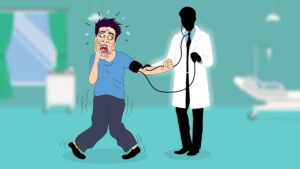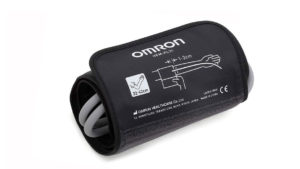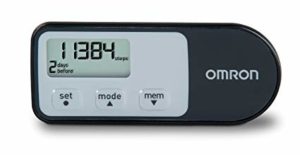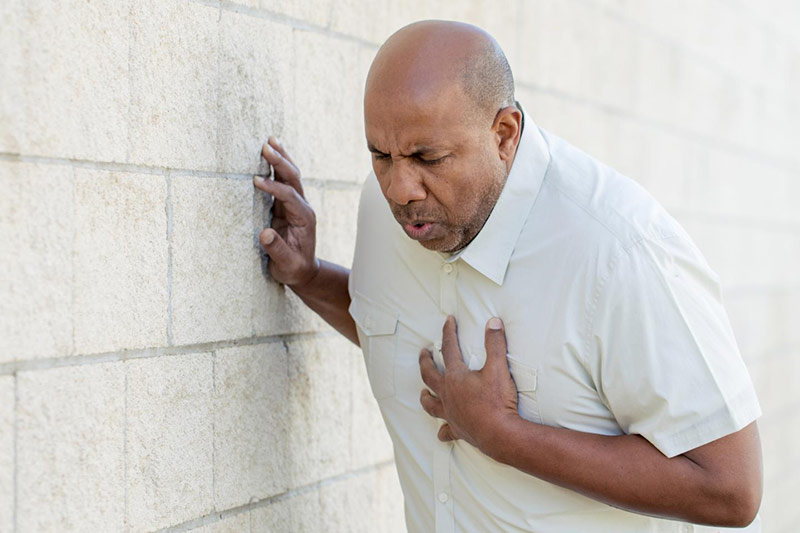
Four Steps to Manage Your COPD Exacerbations

COPD is an acronym for chronic obstructive pulmonary disease and it is not a single disease rather a term used to describe a group of respiratory conditions like bronchitis, emphysema, irreversible asthma, and so on. In this article we will discuss about COPD exacerbation.
Globally, COPD is the fourth major cause of mortality/death; it is more common in countries with lower economic status. Thus, it is more frequent in India while comparing to European nations. In India, it is the second important cause of mortality among people below the age of 69.
COPD cause years of illness and suffering. These are chronic conditions that are not treatable entirely in most of the cases. It is characterized by periods of remissions and exacerbations or flares. Since damage caused to bronchi and lungs in COPD is not reversible, it is vital to control the flares.
Before you take steps to prevent flares of COPD, it is essential to identify the signs of its exacerbation.
Vital signs and symptoms of COPD Exacerbation
During the flares of COPD lung function changes dramatically, as inflammation of lungs results in marked production of mucus. This increased mucus production starts blocking airways. Further, as a reaction to increased inflammation, large and small bronchi start constricting, thus making breathing difficult.
- Difficulty breathing – is one of the most important signs. A person with bronchitis finds it very difficult to breathe; things may become more demanding on minor physical exertion.
- Cough attacks – may start from the early morning and may continue during the day as the body tries hard to get rid of mucus plugs.
- Wheezing – is a sound during breathing when the air passes through a narrow air tube.
- Coughing up mucus – increases dramatically. In many cases, you may also notice a change in the color of mucus.
- Fatigue and sleeping difficulties – ensue as a condition of the person worsens, and breathing becomes a challenge.
- Confusion – may occur in more severe cases and is a sign that the brain is not getting enough of oxygen.
Four ways to manage your COPD Exacerbation
It is necessary to handle it immediately to prevent any irreversible damage to the lungs. Therefore, start by looking at your medications, think about the plan provided by your doctor in case of flares.
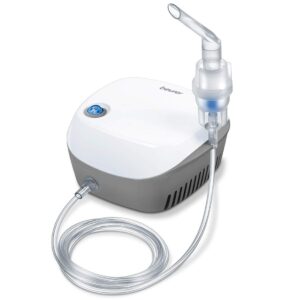
- Inhalers may help instantly – there are many inhalers available, and they contain either anticholinergics or beta2-agonists. These inhalers help dilate bronchi immediately thus helping breathe easily, and they also help in getting rid of mucus plugs. Inhaled medications reach their destination instantly. Thus they help fast. Another, way which is often regarded as somewhat more useful than inhalers is using nebulizers. A nebulizer is a unique device that can create aerosol for inhalation, and when you add medications to it, they reaches directly to the airway.
- Consider taking corticosteroids – these are the most potent anti-allergic and anti-inflammatory drugs and you may take only in agreement with a doctor. They are potent, however, using them frequently may cause a number of side effects. Thus, they are a class of drugs to be used sparingly.
- Use an oxygen tank to get more oxygen – in most cases, using inhalers with corticosteroids may help. However, in severely ill patients or old people with severely compromised lung function, using oxygen tanks may help relieve many of the symptoms.
- Consider mechanical ventilation – surely reserved for most severe cases, when an individual is failing to breathe despite the best of the efforts.
Conclusion
If you identify earlier, there are a number of other steps that may also help. In countries like India, you can’t neglect allergic factors. Hence taking an anti-histamine before full-fledged exacerbation may help prevent things from getting worse.
Antibiotics may not have any role in the acute management of flares. But, again, in countries like India, chances of secondary infections are high. Thus it is not rare for doctors to prescribe antibiotics, especially if there is a change in the color of mucus or smell from a mouth.
Those living with COPD should always be prepared to handle COPD exacerbation. Early management of flares may help prevent complications and hospitalization.





